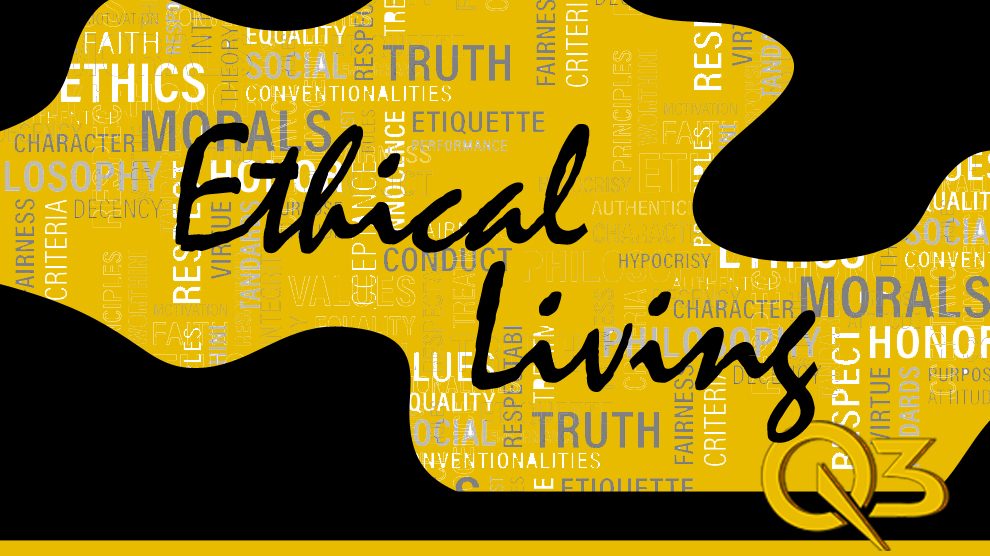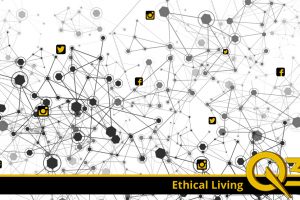an introduction to Q3ÔÇÖs Ethical Living theme┬á
by Lucy Aprahamian
It seems that we have finally reached a time when people are starting to ask themselves how their habits are affecting the world around them. Indeed, news such as the latest Climate Change Report have rendered the questioning of our routine activities unavoidable. I suppose that is to be expected: if there is one thing history has taught us, it is that great change is usually motivated by great mistakes or failures (this thought certainly makes me feel hopeful in the age of Brexit and Trump). So how can we lead more ethical lives? What does that even mean?
Living ethically can refer to a number of completely different ideas: to some, it is about not causing direct damage to our planet; others believe it is insufficient to simply focus on oneÔÇÖs personal actions and that a truly ethical person devotes their life to activism. Some donÔÇÖt necessarily focus on environmental effects but find ethical behaviour to be centered around social interactions and oneÔÇÖs overall attitude towards other humans; yet others are certain that the only effective approach is to follow religious teachings. I suppose living ethically can be summarised as making an effort to be conscious of all of our actions, big or small, and the results they may lead to ÔÇô be it upsetting a single person or destroying the rainforests.
I believe a huge misconception is that to be ethical, one must be extreme. Living off the land in an old cottage with no electrical appliances while rigorously following the teachings of the great ethics philosophers probably would be less harmful than being part of the big-city consumerist hustle, yes. However, is it really the best strategy to abandon centuries of work and development in favor of a basic lifestyle? It probably isnÔÇÖt ethical to let technological advancement deteriorate, either. ┬áWe certainly donÔÇÖt need to stop reading in order to save trees when we can focus on higher new plantings and forest preservation. Campaigning for better practices undoubtedly gives stronger results, but constant preaching to people and making them feel extremely guilty and uncomfortable isnÔÇÖt treating them in an ethical way, either. Where is the balance? Is it okay to buy a single pair of jeans from a high street shop if the rest of our shopping is done from family-owned businesses with transparent practices? And how do we know if what we believe to be the least harmful choice is, in fact, correct? A couple of generations ago people were told to opt for a plastic shopping bag instead of a paper one in order to save trees. Will our grandchildren need to undo what we now think we are doing for the greater good?
In the next two months, Q3 will explore the different practices people define as ethical living, from diet choices and shopping habits to political decisions and cultural appropriations. We hope to inspire people to work on being their best selves, however they define that, and to remind that every little effort towards positivity does make a social difference.










